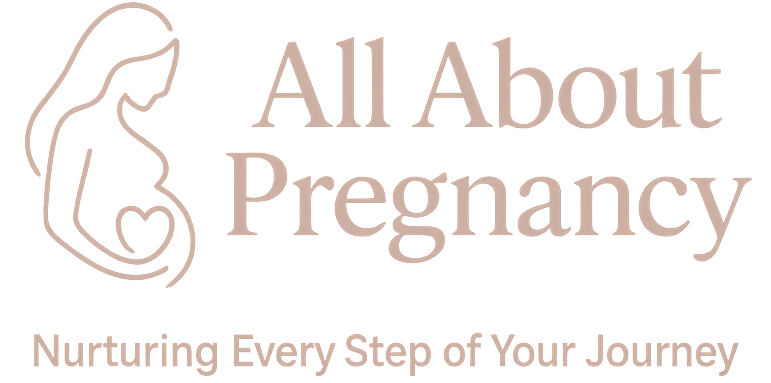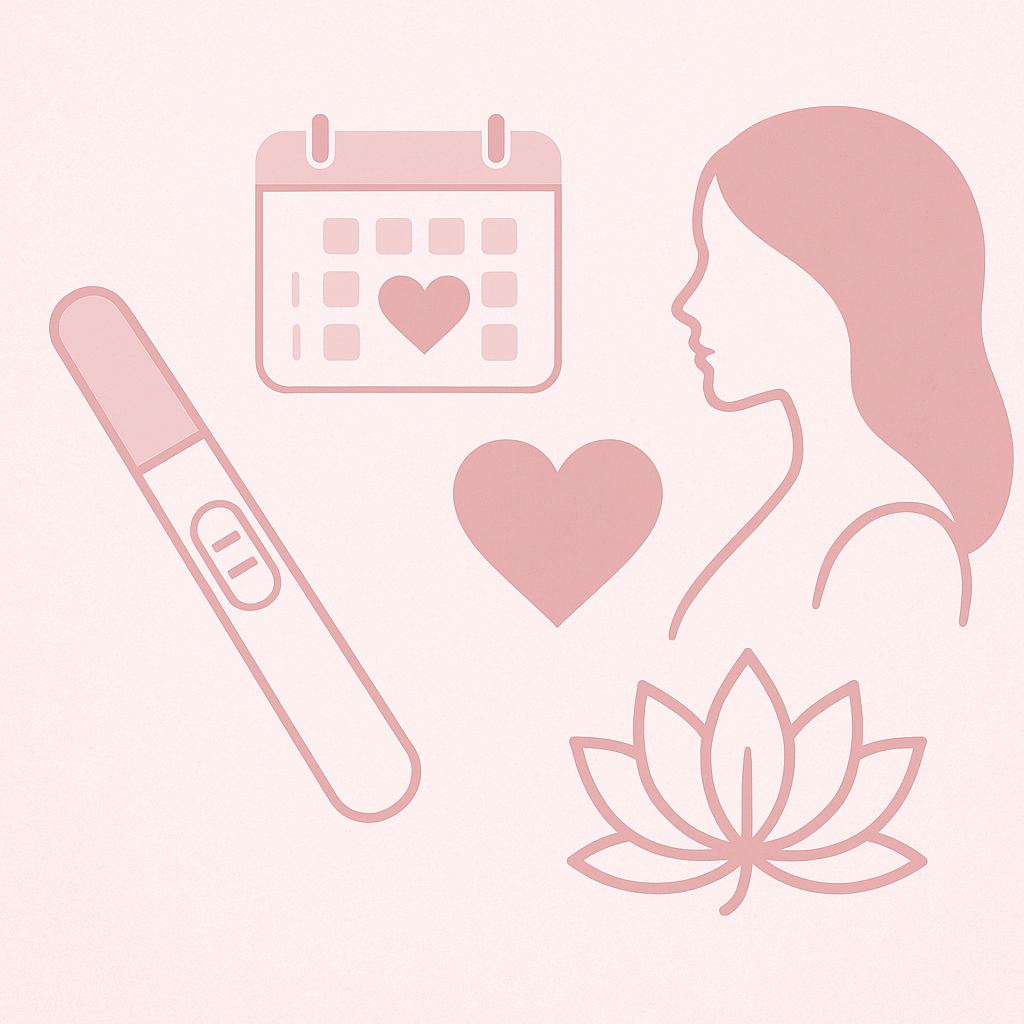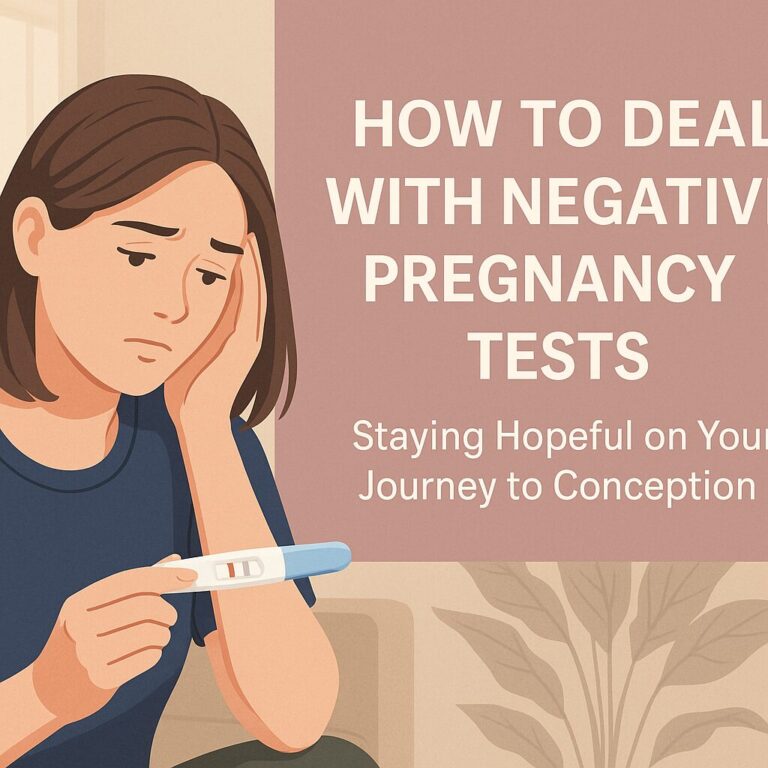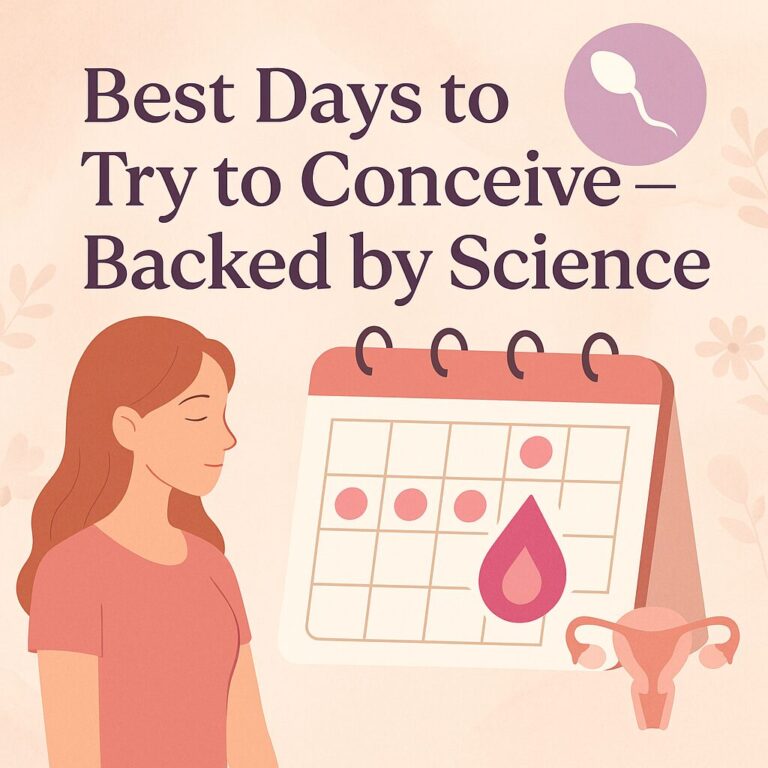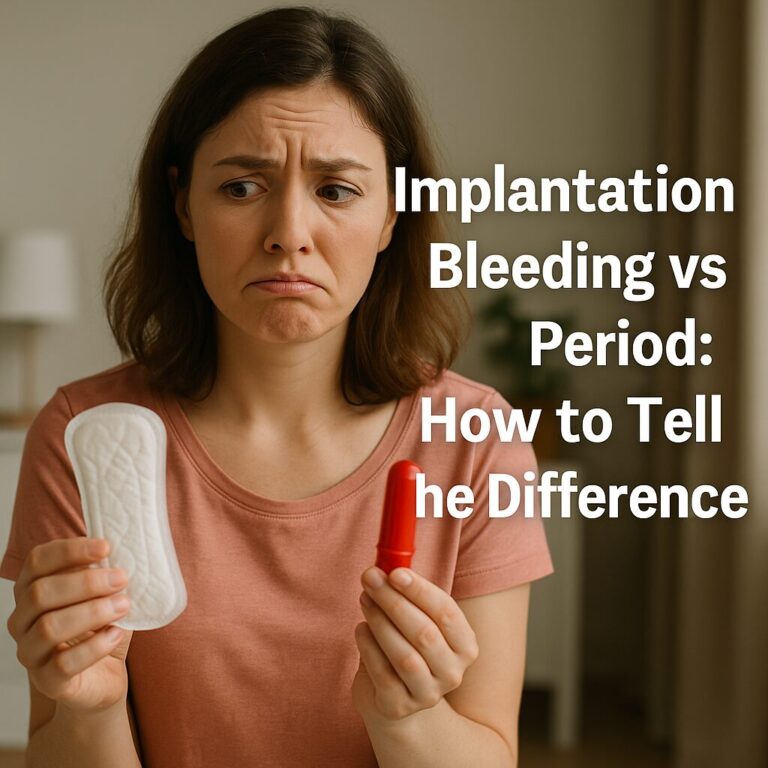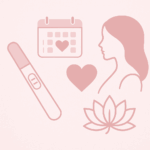✨ Introduction: The First Step Toward Parenthood
Deciding to start a family is one of life’s most meaningful milestones. But before the excitement of a positive pregnancy test, there’s the planning phase—where knowledge, health, and emotional readiness truly matter.
This guide walks you through what to consider before trying to conceive, helping you prepare your body, mind, and lifestyle for a healthy pregnancy.
🗓️ 1. Understand Your Menstrual Cycle and Ovulation
Your chances of conception are highest during ovulation—typically 12–14 days before your next period. But not all cycles are textbook 28-day patterns.
Start tracking your cycle for a few months to recognize:
- Length and regularity of your cycle
- Ovulation symptoms: increased cervical mucus, mild cramps, or a temperature spike
- Ideal fertility window
📱 Apps to use:
Try Clue, Flo, or Ovia—they use AI to predict fertile days and ovulation timing.
⏱️ Pro tip: Use ovulation predictor kits (OPKs) for accuracy, especially if your cycle is irregular.
🩺 2. Book a Preconception Checkup
Before ditching birth control, schedule a visit with your OB-GYN or general physician. This visit helps identify and manage health conditions that could impact fertility or pregnancy.
💬 Discuss:
- Chronic conditions: thyroid disorders, PCOS, diabetes, high blood pressure
- Any history of miscarriage or menstrual irregularities
- Your current medications and supplements
- Family health history and genetic risks
This is also a good time to update any vaccinations—especially rubella and hepatitis.
💊 3. Begin Prenatal Vitamins Early
Even before you’re pregnant, folic acid plays a vital role in fetal brain and spinal cord development. Start a prenatal vitamin with at least 400–800 mcg of folic acid one month before trying to conceive.
Look for supplements that also contain:
- Iron
- Vitamin D
- DHA (omega-3 fatty acid)
- Calcium
🌱 If you’re vegetarian or vegan, ask your doctor about B12 and iron supplements.
🥗 4. Optimize Your Lifestyle for Fertility
Pregnancy success starts with a healthy body. The good news? You don’t need to be perfect—just intentional.
✅ What to focus on:
- Balanced diet: Lean proteins, leafy greens, whole grains, healthy fats
- Weight management: Being underweight or overweight can impact ovulation
- Exercise: Aim for 30 minutes of moderate activity most days
- Limit alcohol and avoid smoking or recreational drugs
- Cut caffeine: Stay under 200mg/day (about one 12oz coffee)
👫 Tip: Encourage your partner to follow healthy habits too—sperm health matters just as much.
🧠 5. Take Care of Your Mental and Emotional Health
Fertility journeys can be emotional rollercoasters—especially if conception doesn’t happen immediately. Check in with yourself emotionally before you begin.
Ask:
- Am I feeling emotionally prepared?
- Are past traumas, stress, or anxiety affecting my well-being?
- Is my partner on the same page with timing and expectations?
Consider journaling, meditation, couples counseling, or therapy to support your mental wellness.
🌸 Pregnancy is not just physical—emotional health is equally important.
👩⚕️ 6. Know When to Seek Help
If you’ve been trying for:
- 12 months (under age 35), or
- 6 months (35 or older)
— and haven’t conceived, it’s time to consult a fertility specialist.
There’s no shame in seeking support. The earlier you identify a challenge, the more options you’ll have.
✅ Bonus Tips for Your TTC Checklist
- 🌿 Detox your environment: Avoid harsh chemicals in household or beauty products.
- 📉 Reduce stress: Chronic stress may disrupt ovulation.
- 🛌 Prioritize sleep: Aim for 7–9 hours per night.
- 📚 Start reading about pregnancy: Educate yourself without overwhelming yourself.
🧡 Final Thoughts
Trying to conceive is more than a physical decision—it’s a personal journey that involves planning, health, emotions, and patience. Preparing your body and lifestyle gives you the best foundation for a safe and joyful pregnancy experience.
Take it one day at a time. Celebrate small milestones. And trust your body—it knows more than you think.
